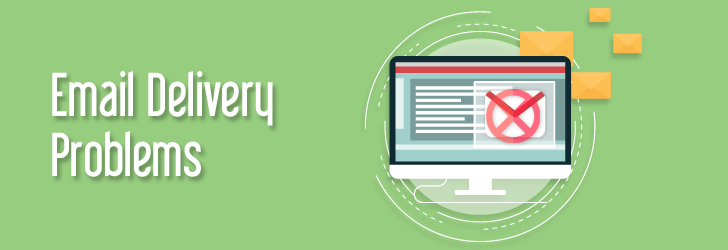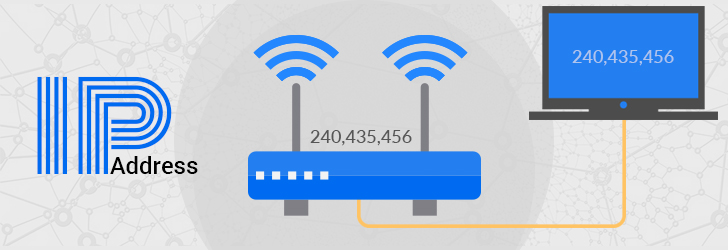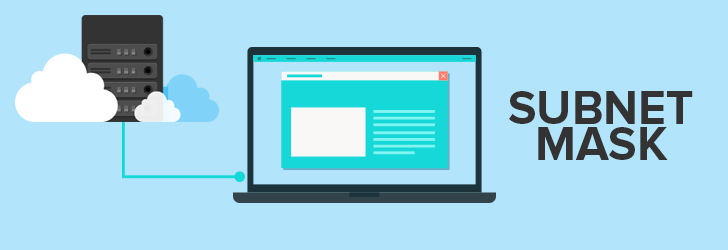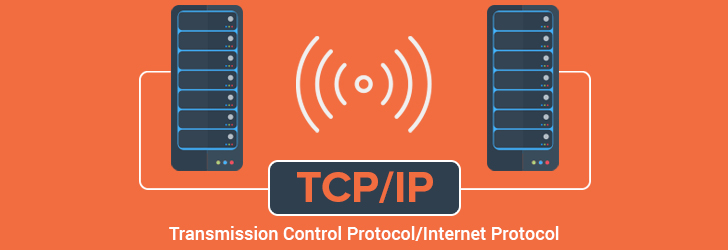
In the ever-evolving landscape of the 21st century, technology has become a cornerstone for modern businesses. From streamlining operations to enhancing customer experiences, the integration of technology drives innovation, efficiency, and growth. Companies that leverage cutting-edge tools and systems are not only staying competitive but are also redefining the way industries operate.
Technology as a Catalyst for Growth
One of the most significant impacts of technology on businesses is its ability to scale operations. Automation tools, cloud computing, and artificial intelligence (AI) have enabled companies to optimize their workflows and reduce operational costs. For example, cloud-based platforms allow businesses to store and access data securely from anywhere, facilitating remote work and global collaboration.
AI-powered analytics tools provide insights into market trends, customer behavior, and operational performance, enabling businesses to make informed decisions. This level of data-driven decision-making has revolutionized marketing strategies, product development, and customer service.
Enhancing Customer Experience
Technology has also transformed how businesses interact with their customers. Personalized marketing, chatbots, and CRM systems ensure a tailored experience for each customer. For instance, e-commerce platforms use recommendation algorithms to suggest products based on past purchases, increasing customer satisfaction and sales.
Moreover, advancements in technology have improved the speed and reliability of communication. Tools like video conferencing, instant messaging, and collaborative software have bridged the gap between businesses and their clients, fostering trust and long-term relationships.
The Importance of IT Staff Services
Incorporating technology into business processes requires expertise and continuous support. This is where IT staff services come into play. These services provide businesses with access to skilled IT professionals who ensure that technological systems run smoothly and efficiently. From managing software deployments to maintaining cybersecurity measures, IT staff services are critical for preventing downtime and protecting sensitive data.
Outsourcing IT staff services can also be cost-effective, as it eliminates the need for businesses to maintain an in-house IT team. Companies can focus on their core operations while experts handle the technical aspects, ensuring a seamless integration of technology into daily business functions.
Future Trends in Business Technology
As we look to the future, emerging technologies such as blockchain, the Internet of Things (IoT), and 5G networks are set to further disrupt the business world. Blockchain can enhance transparency and security in transactions, while IoT devices can optimize supply chain management and energy usage.
Additionally, the adoption of 5G technology promises faster and more reliable connectivity, opening up new possibilities for industries such as healthcare, manufacturing, and retail. Businesses that embrace these advancements will be better equipped to adapt to the rapidly changing market dynamics.
Conclusion
Technology continues to be a driving force behind the transformation of modern businesses. By adopting innovative tools and solutions, companies can achieve greater efficiency, enhance customer experiences, and stay ahead of the competition. However, the successful implementation of technology relies on the expertise of IT professionals. With the support of IT staff services, businesses can navigate the complexities of the digital age and unlock their full potential.
As technology evolves, businesses must remain agile and proactive, embracing new trends and solutions to thrive in a competitive marketplace.
Share this post
Popular Articles
Email Delivery Problems Explained

November 12, 2006
With ever growing number of spam emails flooding the Internet, more and more ISPs tighten their email filtering system to prevent spams delivered to their clients. It is virtually impossible to block even 50% of the spams arriving in a mail server, and there will always be false positives (legitimate emails filte [...]
Learn moreWhat is an IP Address?

February 16, 2007
The Internet Protocol Address (or IP Address) is a unique address that computing devices such as personal computers, tablets, and smartphones use to identify themselves and communicate with other devices in the IP network. Any device connected to the IP network must have a unique IP address within the network.
Learn moreWhat is a Subnet Mask?

February 22, 2007
address and the host address. A subnet mask separates the IP address into the network and host addresses (<network><host>). Subnetting further divides the host part of an IP address into a subnet and host address (<network><subnet><host>) if additional subnetwork is needed. Use the Learn more
What is a MAC Address?

March 18, 2007
MAC, Media Access Control, address is a globally unique identifier assigned to network devices, and therefore it is often referred to as hardware or physical address. MAC addresses are 6-byte (48-bits) in length, and are written in MM:MM:MM:SS:SS:SS format. [...]
Learn moreWhat is a TCP/IP?

April 8, 2007
TCP/IP, Transmission Control Protocol/Internet Protocol, is the suite of two protocols, TCP and IP, used to interconnect network devices on the Internet. The TCP performs the handshake between the network devices to establis [...]
Learn moreLeave a comment
All comments are moderated. Spammy and bot submitted comments are deleted. Please submit the comments that are helpful to others, and we'll approve your comments. A comment that includes outbound link will only be approved if the content is relevant to the topic, and has some value to our readers.

Comments (0)
No comment